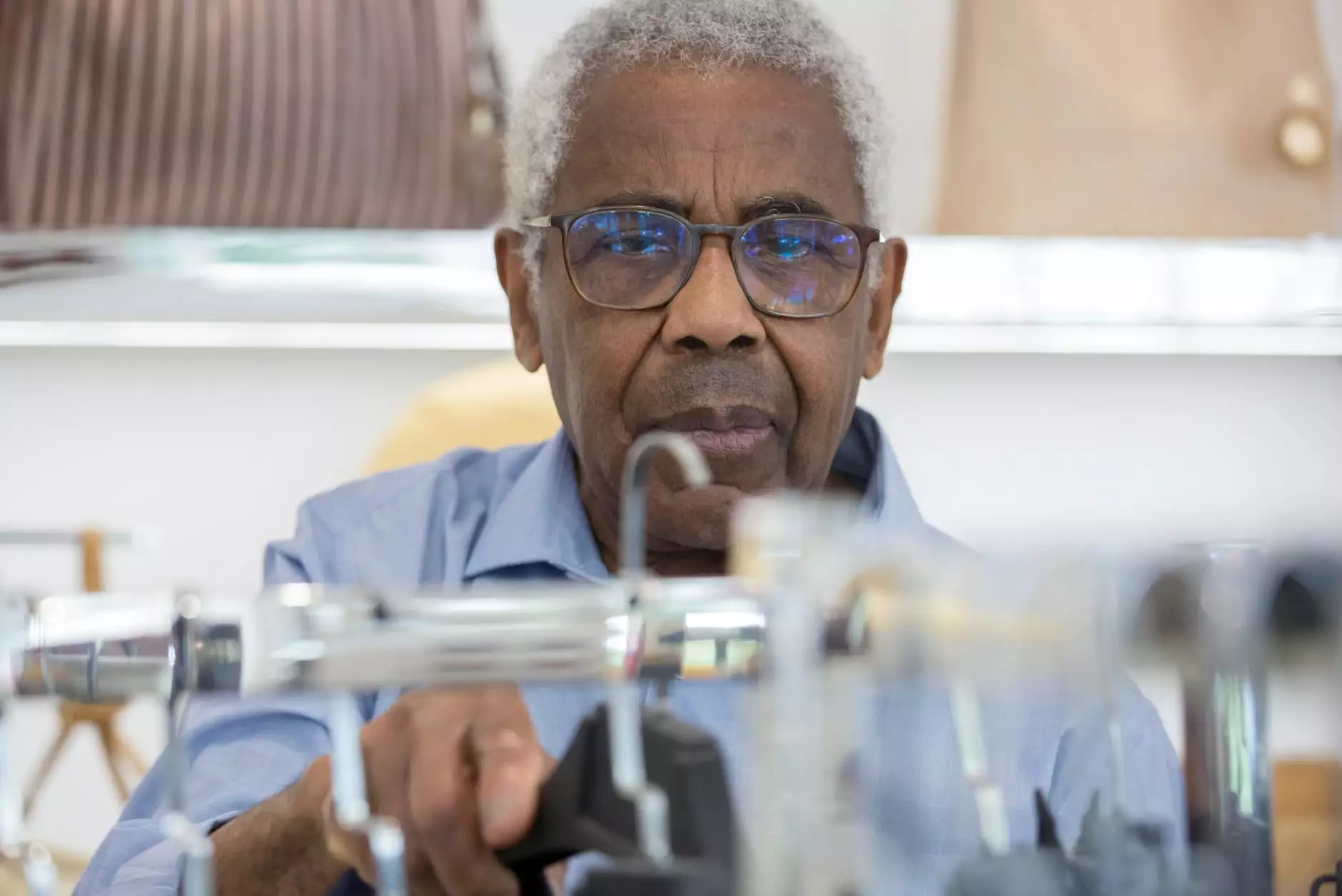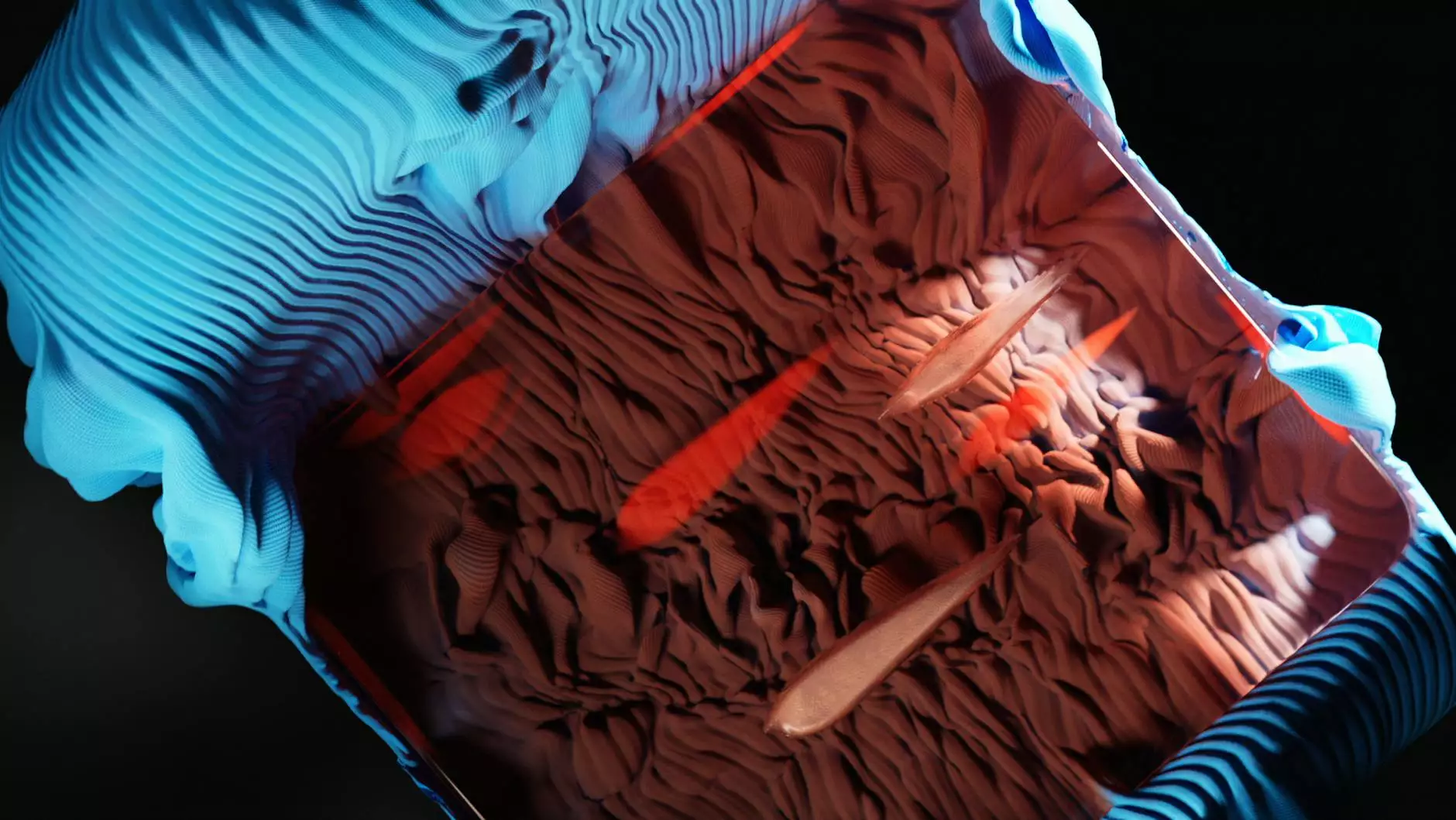Unlocking Potential: The Rise of Precision Injection Mould Made in China

In recent decades, China's manufacturing sector has undergone a remarkable transformation. From the establishment of basic factories to the development of cutting-edge facilities, the nation is now renowned for its precision injection moulds made in China. This article delves deep into the world of precision injection mould making, focusing on its significance, advantages, and the future it holds for global industries.
The Fundamentals of Precision Injection Moulding
Precision injection moulding is a manufacturing process that allows for the production of complex shapes with high levels of accuracy. This method is widely used across a variety of sectors, including automotive, aerospace, electronics, and consumer goods. The key elements of this process include:
- Material Selection: The choice of materials is essential as it directly impacts the final product's strength, durability, and cost.
- Design Specifications: Precision design is crucial. Advanced software tools are employed to create detailed mould designs, ensuring that every dimension meets specific tolerances.
- Mould Fabrication: High-quality moulds are crafted using advanced machining techniques, providing the basis for precise injection outcomes.
- Process Control: Modern injection moulding machines are equipped with sophisticated control systems to monitor temperature, pressure, and flow rates, which helps ensure consistent quality.
- Quality Assurance: Rigorous testing throughout the manufacturing process helps to maintain high standards and compliance with industry regulations.
Why Choose Precision Injection Mould Made in China?
The decision to source precision injection moulds made in China offers numerous benefits. Below, we outline some of the compelling reasons why manufacturers around the world are turning to China for their moulding needs.
1. Cost Efficiency
One of the most significant advantages of producing precision injection moulds in China is the cost savings. Chinese manufacturers can offer competitive prices due to lower labor and operational costs. This enables businesses to reduce production expenses significantly while maintaining quality.
2. Skilled Workforce
China has developed a highly skilled workforce adept in modern manufacturing techniques. The training facilities and ongoing education for engineers and technicians help enhance their skill set, ensuring high-quality mould production.
3. Advanced Technology
Chinese manufacturers have invested heavily in advanced manufacturing technologies. This includes the latest CNC machines, 3D printing capabilities, and automation systems, which significantly enhance production efficiency and precision.
4. Rapid Prototyping
The capability for rapid prototyping is integral for businesses looking to bring products to market quickly. China’s advanced CNC machining and 3D printing technology enable manufacturers to create prototypes swiftly, facilitating faster iterations and feedback, ultimately leading to improved product designs.
5. Supply Chain Integration
China’s robust infrastructure supports effective supply chain management. The country has access to vast resources, including materials and components necessary for mould production, allowing for streamlined logistics and reduced lead times.
Industries Benefiting from Precision Injection Moulding
The versatility of precision injection moulding lends itself to a multitude of industries. Here are a few sectors that have greatly benefited:
Automotive Industry
The automotive sector relies heavily on precision injection moulds for producing high-quality parts. Components such as dashboards, bumpers, and panels are manufactured with exceptional precision, leading to improved product reliability and safety.
Aerospace Sector
In the aerospace domain, precision is non-negotiable. Manufacturers require robust components that adhere to strict safety standards. Injection moulding provides the necessary precision and strength to withstand extreme conditions.
Consumer Electronics
The consumer electronics industry is another sector that thrives on precision injection moulded products. The production of devices such as smartphones, laptops, and gaming consoles relies on meticulously crafted parts that fit together seamlessly.
Healthcare and Medical Devices
Precision moulding is crucial in the healthcare industry, where high-quality parts are necessary for medical devices. From surgical tools to housing for diagnostic equipment, the importance of accuracy cannot be overstated.
Challenges Associated with Precision Injection Mould Making in China
While there are numerous benefits, it is important to consider the challenges that may arise when working with manufacturers in China:
1. Quality Control
Ensuring consistent quality can be challenging. Manufacturers must implement stringent quality assurance processes to mitigate defects and maintain standards.
2. Communication Barriers
Language and cultural differences can sometimes lead to misunderstandings. Effective communication strategies and clear specifications are essential to ensure successful collaborations.
3. Intellectual Property Concerns
Intellectual property protection is a critical concern for many businesses manufacturing in China. Developing robust contracts and understanding the local laws can help safeguard proprietary information.
The Future of Precision Injection Moulding in China
The future of precision injection mould made in China appears promising. With ongoing advancements in technology and a commitment to quality, Chinese manufacturers are poised to maintain their status as leaders in the global moulding industry. Innovations in materials, automation, and sustainability will likely shape the next phase of growth.
1. Innovations in Materials
As industries evolve, the demand for advanced materials increases. Manufacturers are exploring new composite materials that offer enhanced properties, such as lightweight designs and increased durability.
2. Automation and Smart Manufacturing
The integration of automation in manufacturing processes is expected to rise, leading to greater efficiency and reduced human error. Smart factories utilizing IoT and AI will revolutionize precision injection moulding capabilities.
3. Sustainable Practices
With an increasing focus on sustainability, manufacturers are adopting eco-friendly practices. Utilizing biodegradable materials and implementing energy-saving technologies will become common in precision injection moulding.
How to Choose the Right Manufacturing Partner
Selecting the right manufacturing partner for precision injection moulds made in China is critical for the success of any project. Consider the following factors:
- Experience and Expertise: Look for manufacturers with a proven track record in precision mould making and a strong portfolio.
- Quality Certifications: Ensure that the manufacturer holds relevant quality certifications, such as ISO 9001, which signify adherence to international quality standards.
- Communication: Choose a partner who can communicate effectively and is responsive to your needs.
- References and Reviews: Request references and read reviews from previous clients to gauge customer satisfaction and reliability.
Conclusion: Embracing the Future of Manufacturing
In summary, the landscape of precision injection mould made in China is one of innovation, efficiency, and growth. As companies continue to seek high-quality manufacturing solutions at competitive prices, China stands out as a premier destination. By embracing advancements in technology and maintaining a focus on quality, manufacturers can not only meet but exceed the demands of various industries. The future of precision injection moulding in China is bright, and businesses that harness its potential will undoubtedly thrive in the global market.
For more information and insights on cutting-edge manufacturing solutions, visit deepmould.net.









